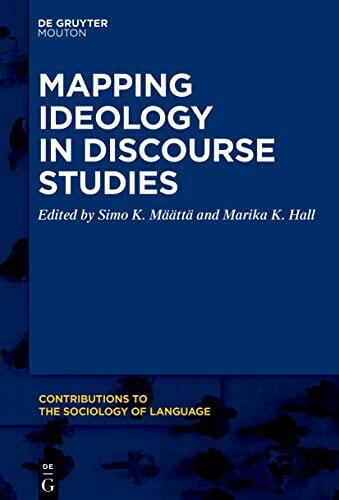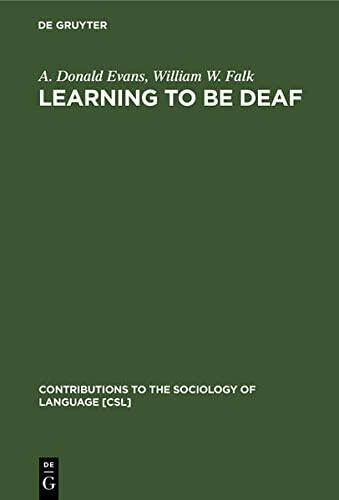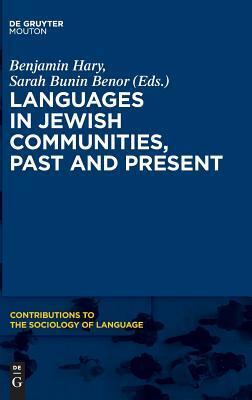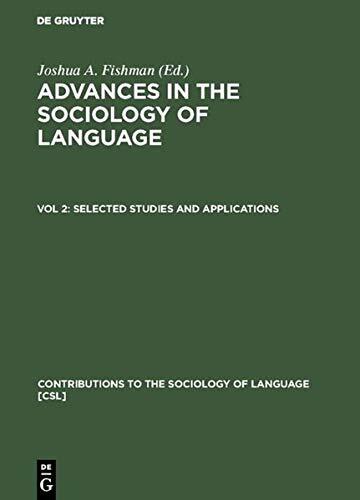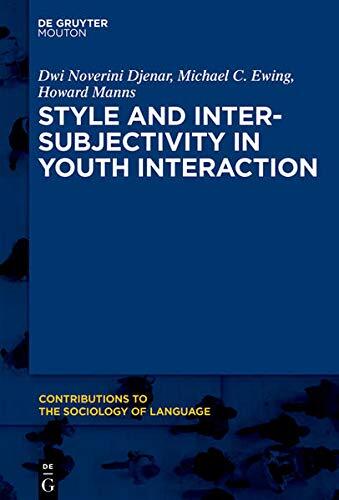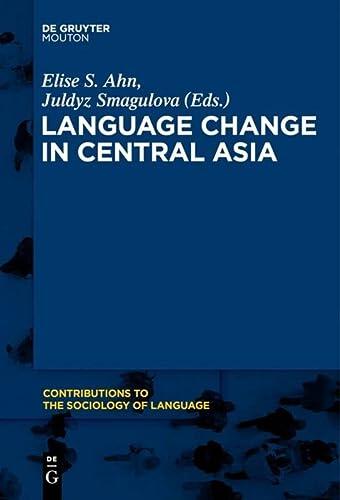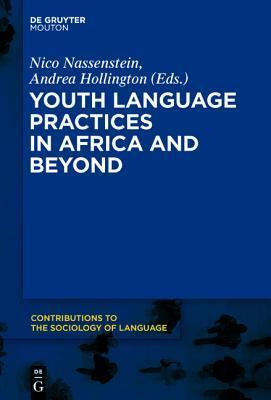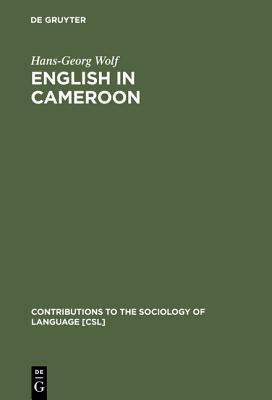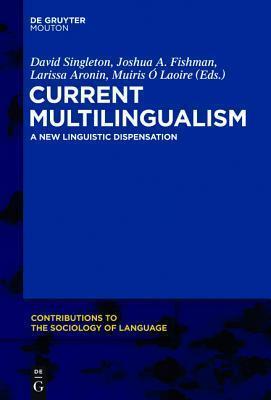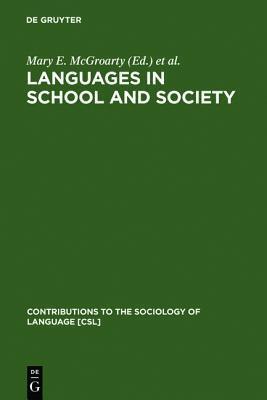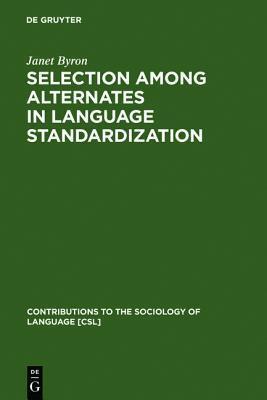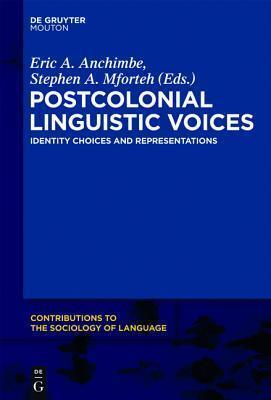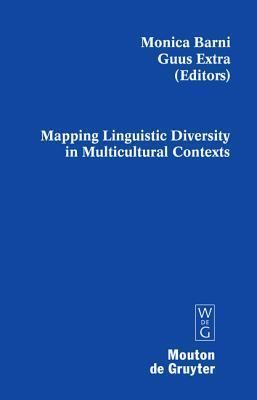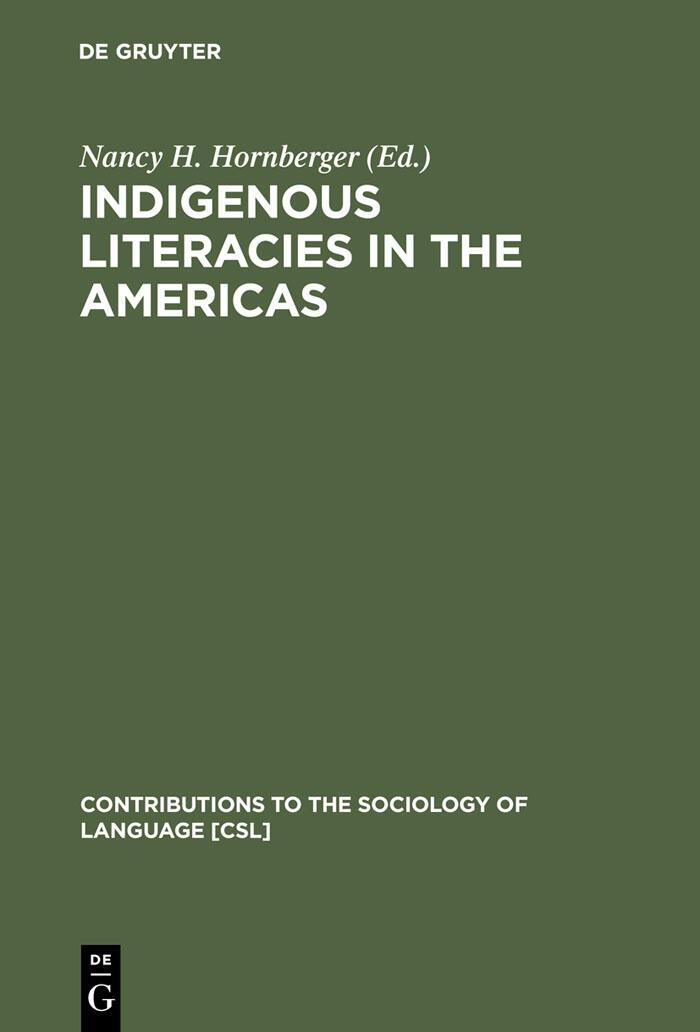
Indigenous Literacies in the Americas: Language Planning from the Bottom up
还没有评分
格式
Kindle
页数
393
语言
英语
已发布
Jan 1, 2012
出版商
De Gruyter Mouton
版本
1
ISBN-10
311081479X
ISBN-13
9783110814798
描述
Nancy H. Hornberger presents a compelling exploration of indigenous literacies across the Americas, focusing on the empowerment that emerges when language planning is driven by the communities themselves. This work delves into the dynamics of language use, literacy development, and the interplay between local practices and broader societal influences. Through a collected narrative, Hornberger captures the voices of indigenous communities, emphasizing their agency in shaping their linguistic identities.
The author meticulously examines various case studies that illustrate how grassroots efforts can influence language revitalization and maintenance. By showcasing successful initiatives, the work emphasizes the importance of culturally relevant approaches to education and language policy. Hornberger's analysis sheds light on the innovative strategies that communities deploy to foster a sense of belonging and connection through language.
Furthermore, this study positions indigenous literacies within larger sociopolitical contexts, highlighting the impact of colonial histories and contemporary challenges. Readers are invited to reflect on the resilience of these communities in navigating language and identity in the face of external pressures.
Ultimately, this exploration not only contributes to the academic discourse surrounding linguistics and sociology but also serves as an inspiring testament to the strength of indigenous voices in the ongoing quest for cultural preservation and empowerment.
The author meticulously examines various case studies that illustrate how grassroots efforts can influence language revitalization and maintenance. By showcasing successful initiatives, the work emphasizes the importance of culturally relevant approaches to education and language policy. Hornberger's analysis sheds light on the innovative strategies that communities deploy to foster a sense of belonging and connection through language.
Furthermore, this study positions indigenous literacies within larger sociopolitical contexts, highlighting the impact of colonial histories and contemporary challenges. Readers are invited to reflect on the resilience of these communities in navigating language and identity in the face of external pressures.
Ultimately, this exploration not only contributes to the academic discourse surrounding linguistics and sociology but also serves as an inspiring testament to the strength of indigenous voices in the ongoing quest for cultural preservation and empowerment.
